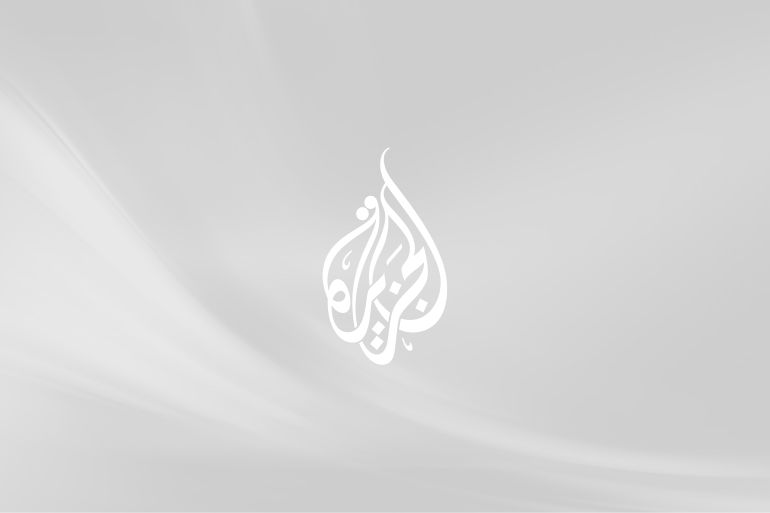Challenges ahead as China marks new year
This is the Year of the Dragon. The dragon is a great symbol of China, but its arrival portends bad luck and a challenging year ahead. That’s something the political leadership of China is certainly not oblivious to.

It’s the first day of the lunar new year in China. And what better way to celebrate than to kick off a four-part series on China’s Communist Party?
This is the Year of the Dragon. The dragon is a great symbol of China, but its arrival actually portends bad luck and a challenging year ahead.
That’s something the political leadership of China is certainly not oblivious to. There is great worry in the months ahead as the Communist Party of China goes through its once-in-a-decade transition of power. Knowing what’s happening at the top of the political leadership is almost impossible, but a narrative has developed about two factions with very different visions of how China ought to be run in the 21st century: a “liberal” camp that believes it is time for (very) modest political openness, and a “conservative” camp with populist and hard-line leanings.
This battle will take place behind the scenes. It will centre around the selection of the members of the Politburo Standing Committee – the most powerful positions at the very top, which include the president and premier of the country.
Here’s what we know: President Hu Jintao will hand over control to Vice-President Xi Jinping. The important thing to keep in mind is that Hu Jintao’s key role is not as a president. He is general secretary of the Communist Party – and that’s where his power comes from. The year 2012 is significant because Xi Jinping will become general secretary of the party in October. He doesn’t assume the title of president, meeting and greeting foreign dignitaries as head of state, until 2013.
This is remarkably telling, because what this means is that the political party is more powerful than the state in China. And of course, this is no ordinary political party. It boasts some 80 million members – that’s about six per cent of the total population of the country. You don’t just sign-up: there’s a whole process you go through before you take the oath:
It is my will to join the Communist Party of China, to uphold the party’s programme, observe the provisions of the party constitution, fulfill a party member’s duties, carry out the party’s decisions, strictly observe party discipline, guard party secrets, be loyal to the party, work hard, fight for communism throughout my life, be ready at all times to sacrifice my all for the party and the people – and never betray the party.”
If you’d like to learn more about the structure of the party, you should check out Patrick Chovanec’s blog post, “Primer on Chinese Leadership Transition”.
What motivated me to pull together a four-part series was the feeling after reporting from China for five years and frequently talking on air about how “China says this” or “China thinks that” – that it was worth examining just what I meant every time I said “China”. The word has often been shorthand for the Communist Party.
Additionally, China is a world power now. That was not the case when I first arrived in Beijing. Today it is the world’s second-largest economy. Yet, we know very little about the political system that runs the government. We know so much comparatively, for example, about the US system.
There are limits to what a two-minute television report can possibly impart. But my goal was to provide viewers a brief and basic glimpse into some aspects of party life.
We thought it most appropriate to start by looking at who will be at the very top of the 80-million member political party: Xi Jinping. We visited Sha’anxi province, where he lived for seven years during the Cultural Revolution. I was personally impressed with his story from this part of his life: it is a compelling story of a city boy sent to the countryside. We know that he was an avid reader and would study at night long after he finished all his farm work. He was eventually selected as the village’s leader – and left there having won the people over.
You may notice that we didn’t manage to collect that much video material. Government officials often accuse foreign media groups of bias – that we paint China in a negative light. Here was what I considered a very positive story, but after an hour in the village, we were hounded out by officials. It seems that China can’t help but suppress information, even at its own loss!
Finally, I would like to recommend to you one of my favourite books on China: Richard McGregor’s book, “The Party: The Secret World of China’s Communist Rulers”. It’s very different from what any of my reports this week examine. As I’ve said, I sought to take advantage of the television medium and provide visual glimpses of the Communist Party. McGregor’s book, however, is the real deal. If you had to read one book on China, you need to read this one. It’s about the Communist Party, through and through. It is compelling and fascinating, and has become a reference I’ve often turned to in my own reporting.
I hope you enjoy our series.